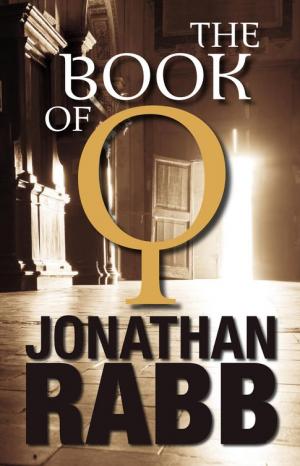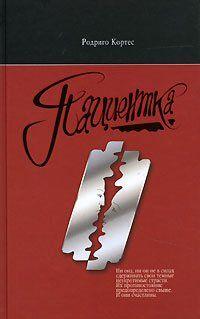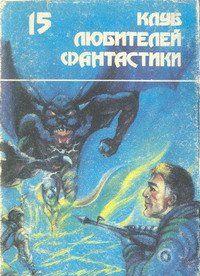
Аннотация
Father Ian Pearse leads a scholar's life within the Vatican walls, intent on ferreting out the textual complexities of Saint Ambrose's letters. But when a fellow priest gives him an ancient prayer that seems to hint at unspeakable heresy, and then mysteriously disappears, Pearse is forced from contemplation into action. The prayer is a fuse that will ignite a centuries-old conspiracy to establish a radical new church on the ruins of Catholicism, leading back to the ancient sect of Manichaeism, which held that man is equal to God and questioned the validity of Catholicism's central tenet: the Divine Resurrection. The Manichaeans are alive and well, as Pearse discovers, and have a disturbing tendency to turn up in the most unexpected of places--including the papal throne. And they have much, muchbigger plans. It's up to Pearse to decipher the scroll and to follow its trail to the fountainhead of Manichaean truth. His journey will take him from an ancient Greek monastery to the scarred and bloody landscape of Bosnia, where a secret from his own past threatens to undermine his quest and his struggle to stay one step ahead of the Manichaean conspirators.
Unfortunately, so clumsily and pedantically does Rabb introduce the history behind the scroll, and so completely does he shortchange the reader when it comes to deciphering its secrets, that only the most patient and forgiving of fans will arrive at the novel's end without the sneaking sensation that this has all been a tempest in a teacup. Abstruseness is no crime, as any Umberto Eco fan will tell you. Dullness, however, is.
If you're looking for a rollickingly clever thriller that combines ancient religious politics, a mysterious power that threatens the stability of the Catholic church, and a tour of a vibrantly detailed Rome, The Story of Q isn't it. If you're looking for a thoughtful exploration of the soul-searing paradox that arises when a priest is forced to doubt the authenticity of the Resurrection, The Story of Q isn't it, either. For the former, you can't go wrong with Dan Brown's gloriously over-the-top Angels & Demons; for the latter, check out The Gospel of Judas, Simon Mawer's quietly powerful take on ancient history and contemporary mores. --Kelly Flynn
















Комментарии к книге "The Book of Q"